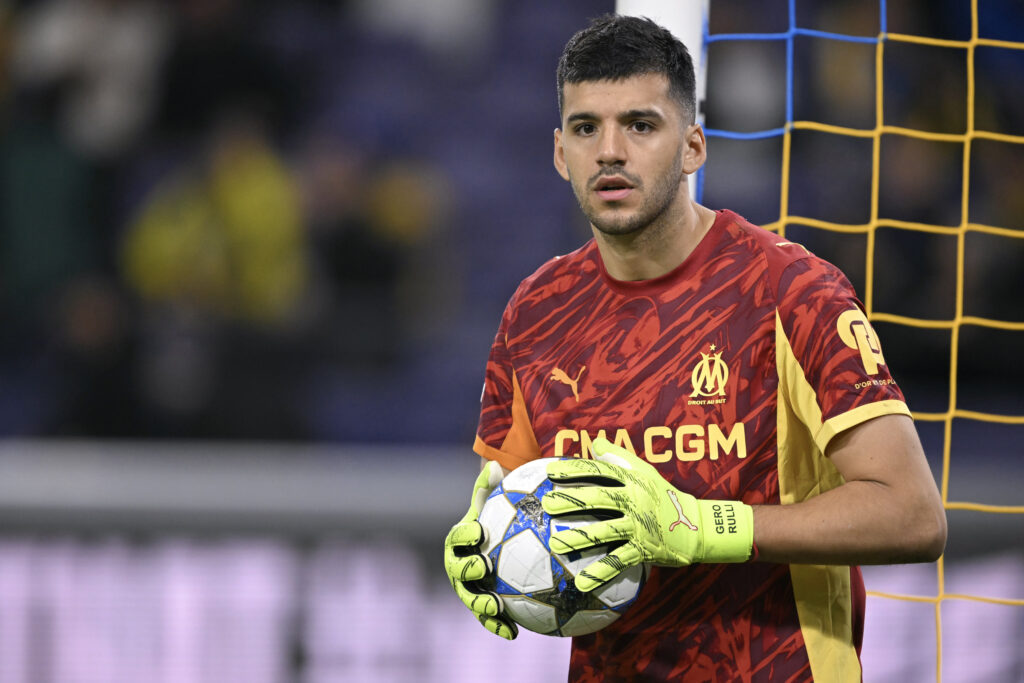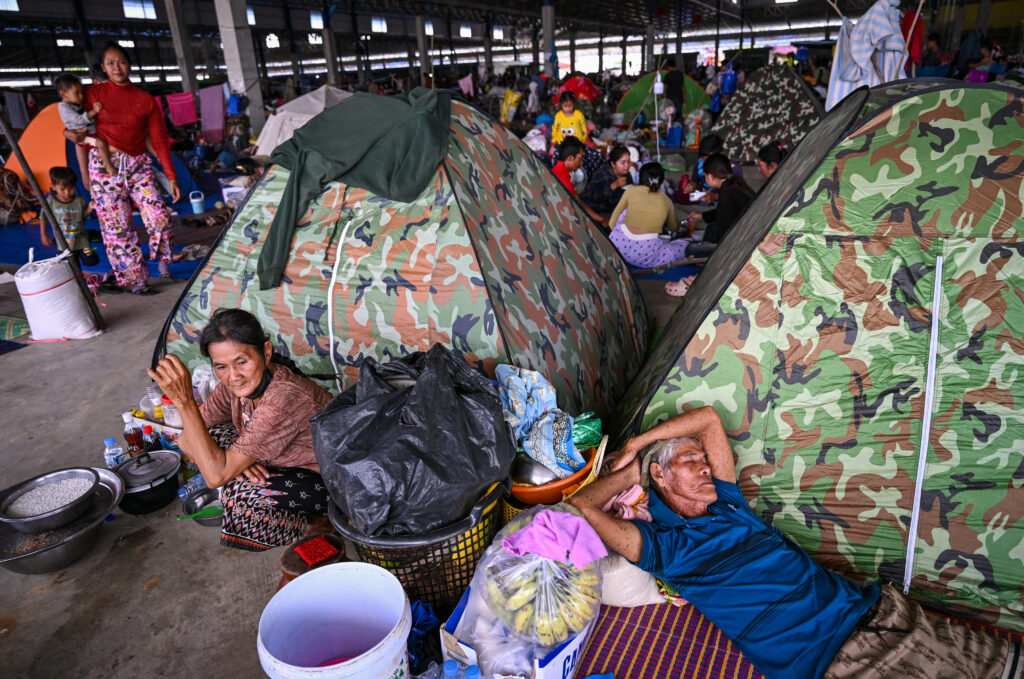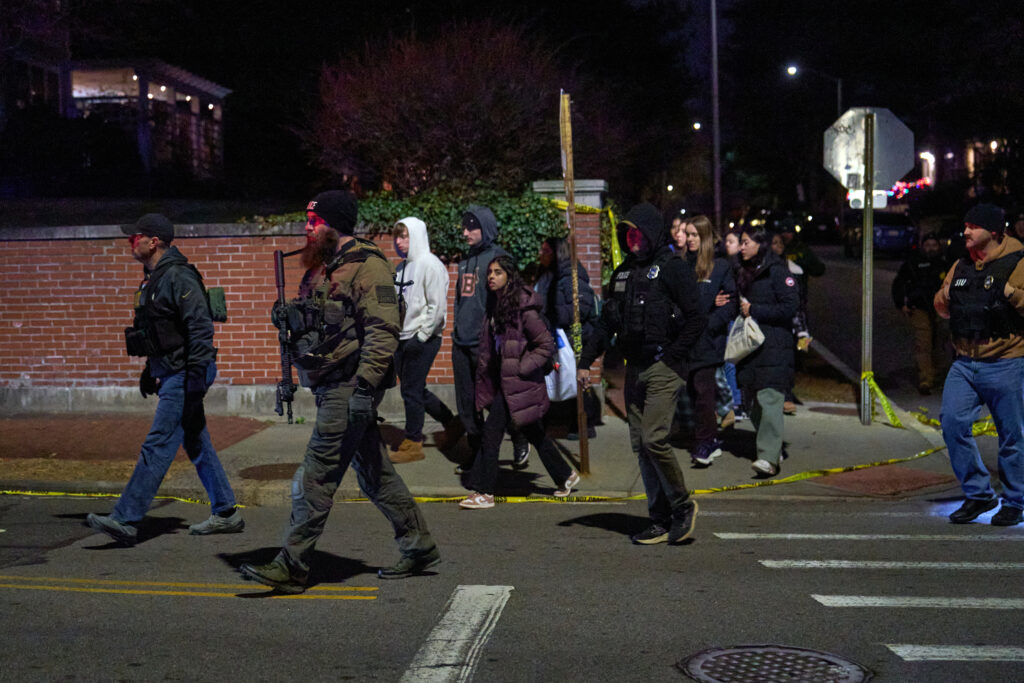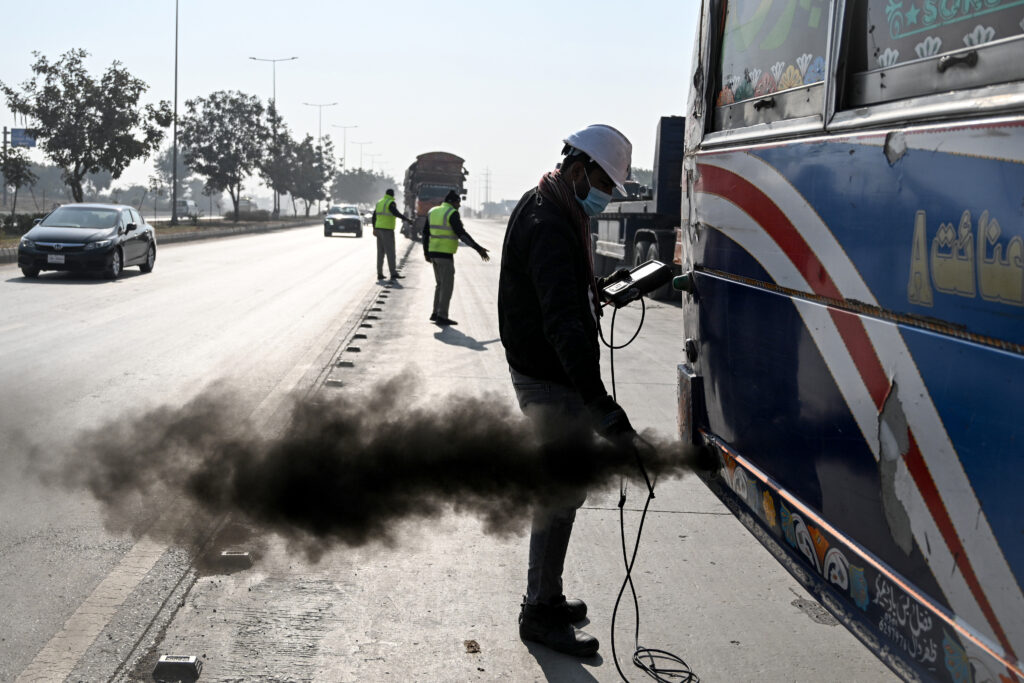Ligue 1: Matthieu Udol, l’acharné Lensois qui toque à la porte des Bleus
D’un “vrai traumatisme”, il a fait sa “force”: Matthieu Udol s’est remis de plusieurs blessures graves pour s’épanouir à Lens, premier de Ligue 1 avant la réception de Nice dimanche (17h15), au point d’ouvrir un débat sur une possible sélection en équipe de France.Quatre fois, Matthieu Udol s’est écroulé sur une pelouse en se tordant de douleur. Quatre fois, il s’est relevé. Le défenseur gauche de 29 ans a réussi à poursuivre une carrière professionnelle qui semblait se refuser à lui à cause de ses ruptures en série des ligaments croisés du genou droit.Le voici désormais dans la forme de sa vie, quelques mois après avoir quitté, au bras de fer, son club formateur, le FC Metz, qu’il avait ramené en Ligue 1 en marquant à deux reprises en barrage d’accession, brassard de capitaine au bras.Parfois sur la gauche de la défense à trois de l’entraîneur lensois Pierre Sage, le plus souvent comme piston dans un rôle plus offensif, Udol a débuté tous les matchs, poussant même Deiver Machado, l’un des derniers hommes de l’époque Franck Haise, à un départ vers Nantes en début de semaine.”C’est un joueur régulier dans la performance, un gros travailleur, l’encense le capitaine Adrien Thomasson. Avec ce qu’il a vécu dans sa carrière, il est toujours en salle (de musculation, NDLR), positif, il arrive à emmener les autres avec lui. Pour nous, c’est une vraie plus-value, à tous les matchs, il est performant, il a encore été passeur décisif au dernier.”- D’abord Lens, puis la France -Sa troisième passe décisive de la saison a offert à Wesley Saïd le but de la victoire à Nantes (2-1) samedi dernier, confortant la place des Sang et Or (1ers, 34 points), qui visent le titre honorifique de champion d’automne en cas de succès contre Nice (12e, 17 pts), en chute libre avec huit défaites de suite toutes compétitions confondues.Avec la place qu’Udol a prise dans le groupe lensois, la question d’une possible convocation avec les Bleus se pose inévitablement. “Si le club fait une très belle saison (…) et que je continue à être performant, ça peut me venir à l’idée de penser à l’équipe de France”, répond-il, avant d’enchaîner: “Mon premier objectif, c’est de finir le plus haut possible avec Lens, de continuer à être performant comme depuis le début de saison et on verra plus tard.”Peut-il rêver d’un parcours semblable à celui du piston droit Jonathan Clauss, convoqué à l’âge d’Udol lorsqu’il évoluait sous le maillot artésien? “Selon moi, oui, affirme Pierre Sage. Sa régularité, aujourd’hui, ne fait que conforter cette position-là. (…) Maintenant, il y a de très bons joueurs dans ce secteur de jeu, et aujourd’hui, ils ont plus l’habitude que lui de jouer ce genre de compétitions, donc je pense que ça comptera.”- “Exemplaire dans l’entraînement invisible” -L’entraîneur lensois souligne qu’une convocation par le sélectionneur Didier Deschamps au sein d’un groupe qui préparera, dans quelques mois, le Mondial-2026 (11 juin-19 juillet), récompenserait “tout le travail qu’il fait au quotidien (…) notamment préventif, qui est au-dessus de la norme”.”Je pense que ce qui lui est arrivé dans sa carrière a été un vrai traumatisme, mais aussi une vraie force”, poursuit Pierre Sage, qui souhaitait déjà le recruter, sans succès, lorsqu’il entraînait Lyon. “Il est exemplaire sur la manière de gérer l’entraînement et notamment la partie invisible”, insiste Sage.En résulte une musculature du haut du corps peu commune pour un joueur de football. “Quand j’étais plus jeune, j’étais costaud, mais forcément j’ai pris quelques kilos depuis le début de ma carrière, commente Matthieu Udol. Suite aux blessures, j’ai beaucoup plus travaillé en salle et le fait de rester équilibré, c’est très important.””Trois quarts d’heure à peu près par jour” permettent de renforcer son mètre 78, assure le Messin de naissance. Son opiniâtreté et sa résilience en font l’incarnation parfaite de l’esprit combatif qui caractérise Lens.





